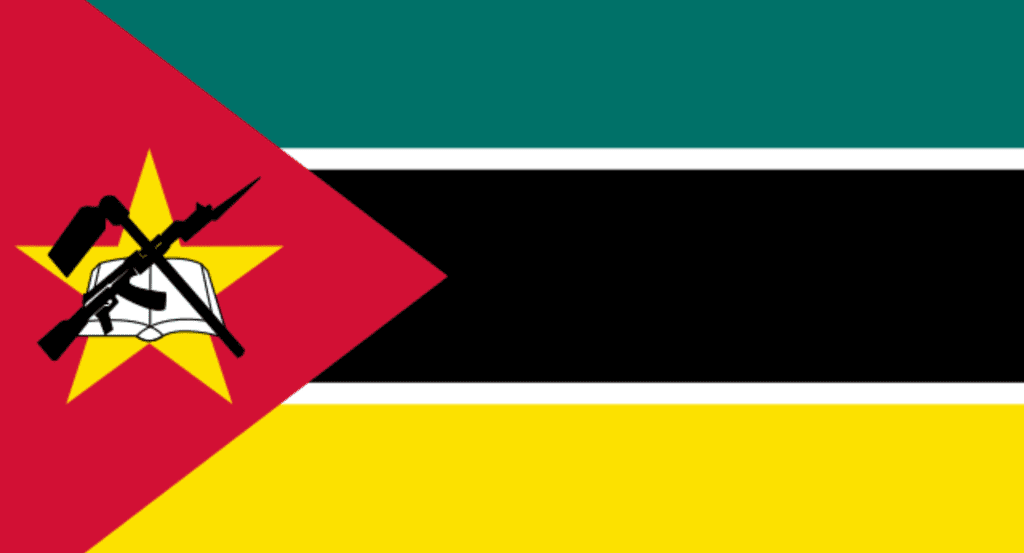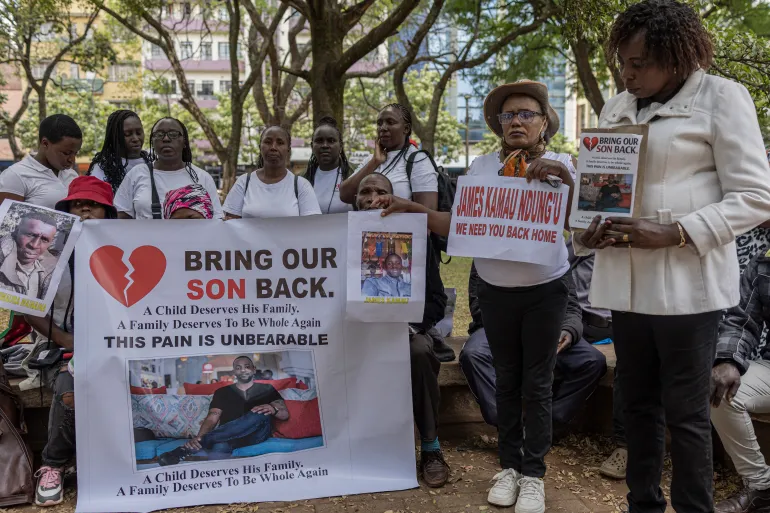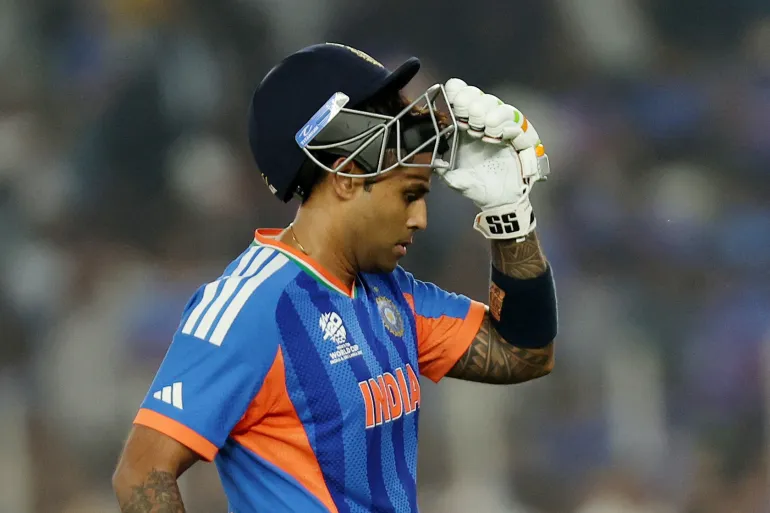Tensions in Mozambique have intensified following recent elections, as opposition supporters take to the streets to contest the results. Reports indicate that 18 people have died in violent clashes as police and security forces attempted to control the escalating protests. The unrest has prompted neighboring South Africa to close its border with Mozambique for the second time in recent days, citing concerns for public safety as violence continues to spread.
The opposition, led by Renamo party leader Ossufo Momade, has voiced strong objections to the election outcomes, which reportedly favored the ruling Frelimo party. Momade has accused the government of electoral fraud, urging supporters to protest what he describes as manipulated results. Thousands of opposition supporters have since taken to the streets in the capital, Maputo, and other cities, demanding transparency and a recount of the votes. Demonstrations have also spread to smaller towns across the country.
As the protests have grown, Mozambican police have responded with tear gas and forceful dispersal tactics to prevent demonstrators from congregating near government buildings and other key areas. According to police officials, the measures are intended to maintain public order and prevent the protests from escalating further. However, these actions have drawn criticism from human rights groups, who argue that the excessive use of force is aggravating the situation and risking more civilian lives.
South Africa’s decision to close its main border crossing with Mozambique underscores the regional concerns about the crisis. Authorities in South Africa are reportedly monitoring the developments closely, as they fear the violence could spill over into neighboring territories if not contained.
The violence marks one of the most intense post-election crises in Mozambique’s recent history and has raised concerns about the country’s stability. International observers, including the African Union and the United Nations, have called on both the government and opposition leaders to prioritize dialogue and avoid further bloodshed. Many international organizations have expressed readiness to mediate and support peaceful resolutions, urging both sides to uphold democratic principles and respect the rule of law.
The outcome of these protests may have lasting implications for Mozambique’s political landscape, with citizens increasingly demanding accountability and fair governance.























